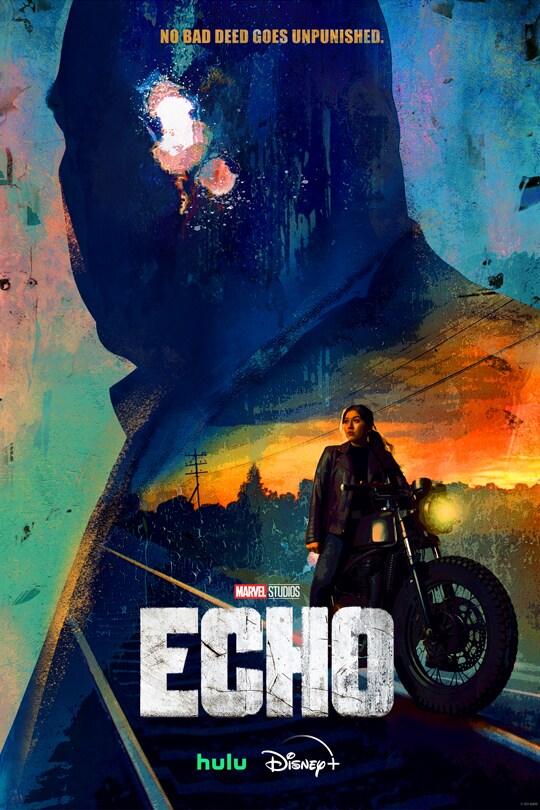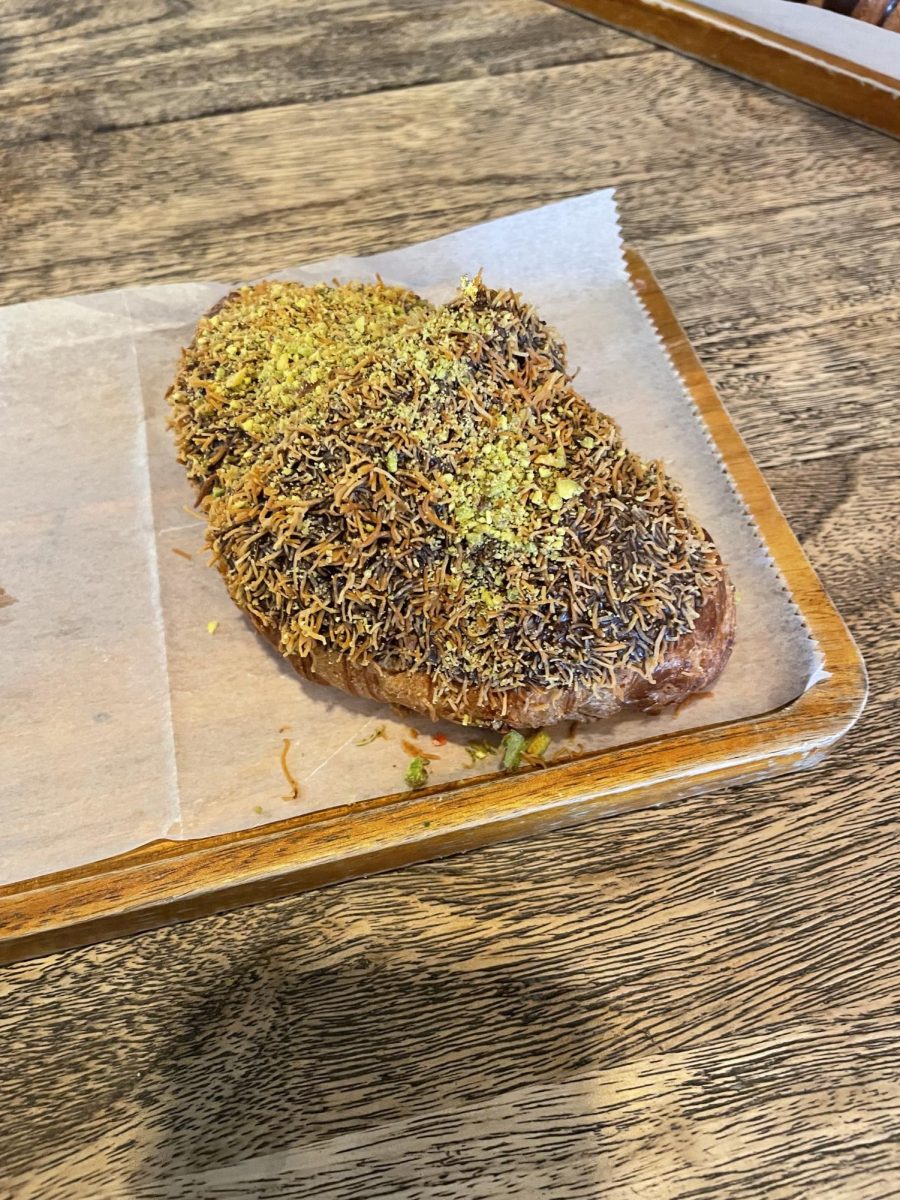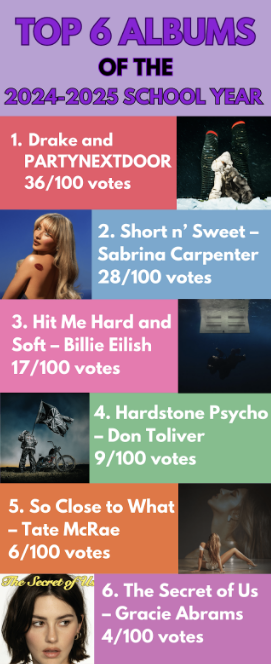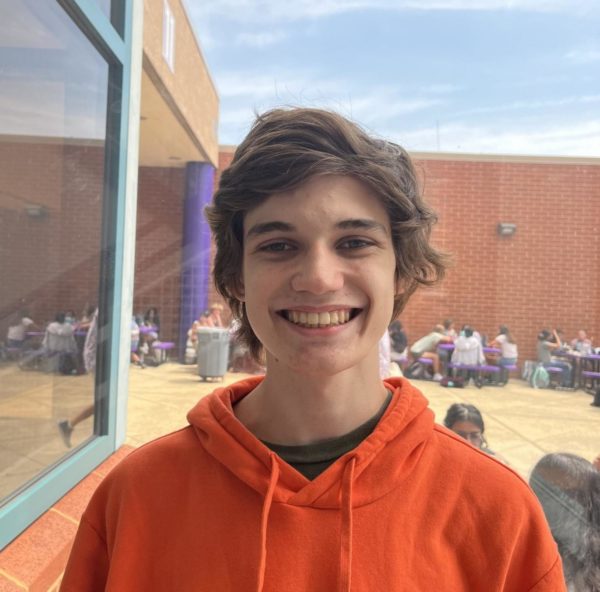Walking the line between good and evil, Maya Lopez, the main character of “Echo,” a new miniseries on Disney Plus, struggles between taking the mantle of the largest crime boss in New York City or reconnecting with the family that abandoned her 20 years ago — or at least that’s the plot of “Echo’s” good episode.
The rest of the show is a confusing mess, with the final episode somehow being the worst written. The show splits itself into two halves: one half portrays the drama of Maya trying to become the new kingpin of an organized crime syndicate and the second half is about her hereditary powers.
The show starts off with 25 minutes recapping “Hawkeye,” but people who have not seen “Hawkeye” or another related show, “Daredevil,” will still be left confused about what’s happening in the world. In order to explain the events of “Hawkeye,” plot lines are broken down to the basics of set-ups and payoff, ignoring the development that would make these events meaningful. The lack of development leads to events happening in “Echo” without proper context or build up, resulting in a constant barrage of questions if the viewers did not study before watching.
Episode two acts as a heist episode, while also introducing Maya’s powers. The heist itself is standard, without any twists or added tension throughout until her powers are revealed. Once the audience is made aware of her powers, there’s no explanation provided for her powers until the final episode, creating a mystery that the show fumbles in the end.
Even though this episode sets up mysteries for future episodes, it lacks setup for pivotal scenes late in the episode to either forward the plot or add shock value. For instance, a character uses a bomb despite the character not having access to somewhere she could get one and the character was never hinted at being an engineer or anything to explain the twist.
While episode one fails due its reliance on another show, episode three fails every character due to them acting against their own motivations to forward the plot. Maya’s grandmother breaks the mold as her relationship with Maya is established and sets up an interesting dynamic. However, the rest of the episode is full of contrivances that undercut any tension, as the plot will bend and break to serve the main character. Yet the end of the episode revives a long dead hope for the show, as the end montage conveys Maya’s self-isolation through visual story-telling.
While episode three gave a spark of hope, episode four is a full on lightning strike, in the best way possible. Episode four is a mystery as it somehow reignites the long dead hope for the show. With visual story-telling, stellar characterization and subtle references that are not confusing for those who have not watched previous shows, “Echo” episode four is everything the creators advertised: a serious drama dealing with Maya’s traumatic past, with the main conflict of the episode all being something unique and building upon the character of Kingpin. Despite the family aspect lacking in other episodes, this one hooks viewers as we get deeper insight into the relationship between Maya and her grandmother. The show even conveys the grandmother’s longing for that relationship as she makes Maya’s suit.
Then episode five happens. Episode five takes all the build up, characterization, drama and subtle visual storytelling and throws all of it out the window. The build up of Maya’s grandmother handing Maya her superhero suit as a sign of reconciliation is a payoff that is undercut by a different character giving Maya her suit, while their relationship gets repaired off screen. The characterization of Kingpin is downgraded into a very plain villain archetype. The drama between Maya and her cousin is dropped in favor of an action sequence, and all the subtlety of the previous episode is replaced with a five-minute explanation for the motif of a woodpecker, which occurs to signal danger for the characters and audience, throughout the show.
The final episode attempts to explain the powers of the show but this explanation is contradicted moments later. For instance, her ability to call back to her ancestors is supposed to suffice as an explanation to why she can see her mother as a ghost without her even trying to use her powers at the time, or how she can bring unrelated people to their childhood memories. The powers are given flimsy rules and the show extends them to a cartoonish degree numerous times. Everything about this episode destroys the amazing episode that came before, leaving an unresolved mess of an ending.
Despite all the delays “Echo” received, the show was rushed out too soon, not giving writers the proper time to finish writing the story they envisioned. Aside from the golden child that is episode four, “Echo” has nothing interesting or even entertaining to offer. By the end of the show, all the setups for characters that had potential are either ruined or left unanswered to serve as set up for the next show. Even with episode four being one of the best pieces of Marvel content in recent years, the rest of the episodes make it impossible to recommend the show.









